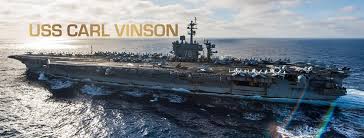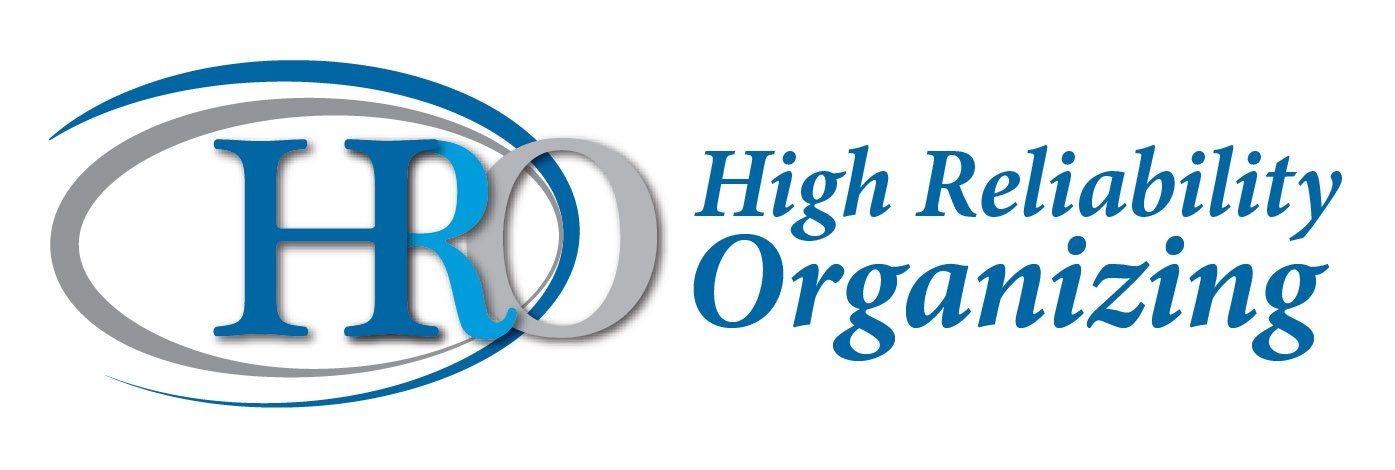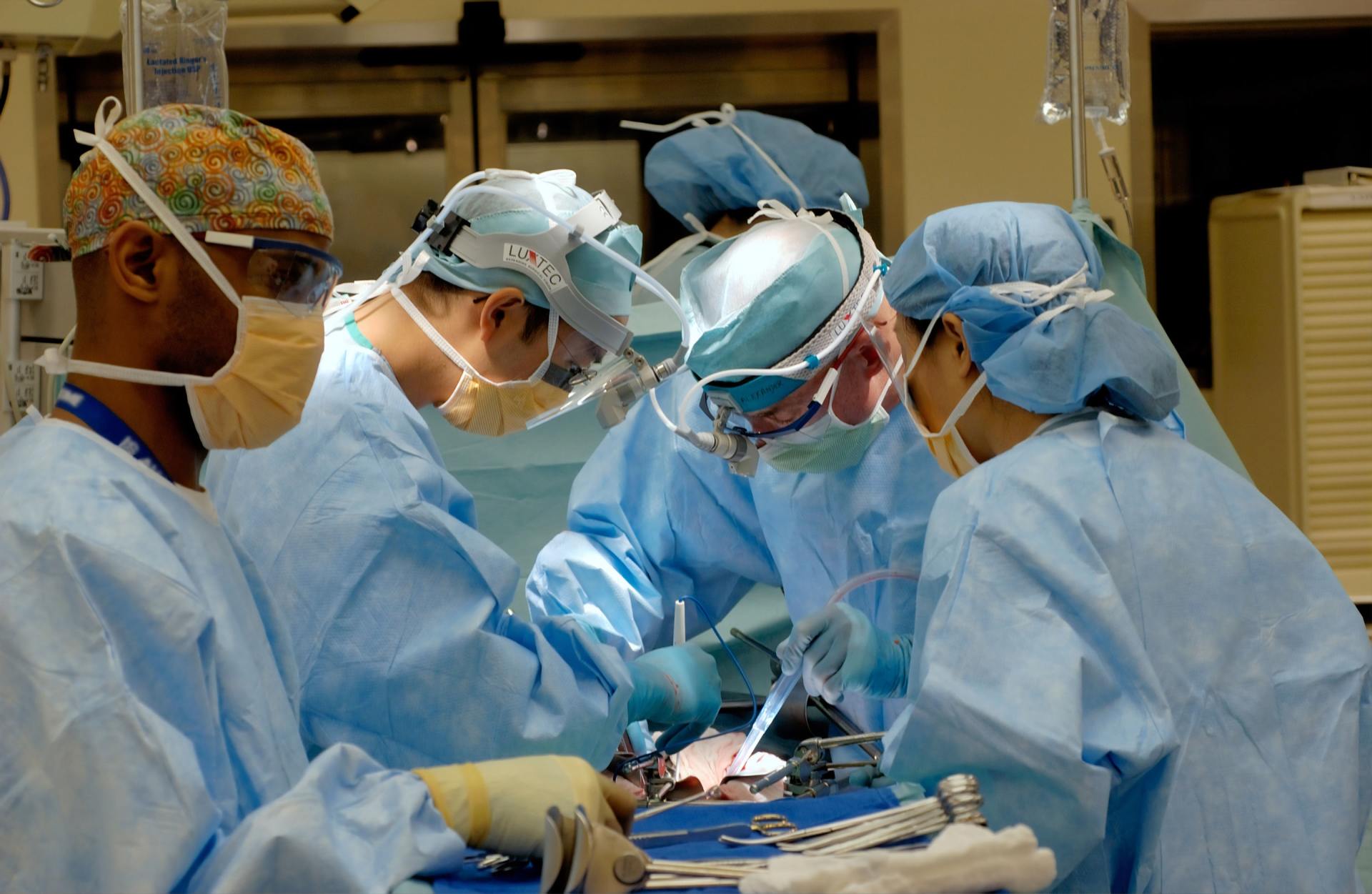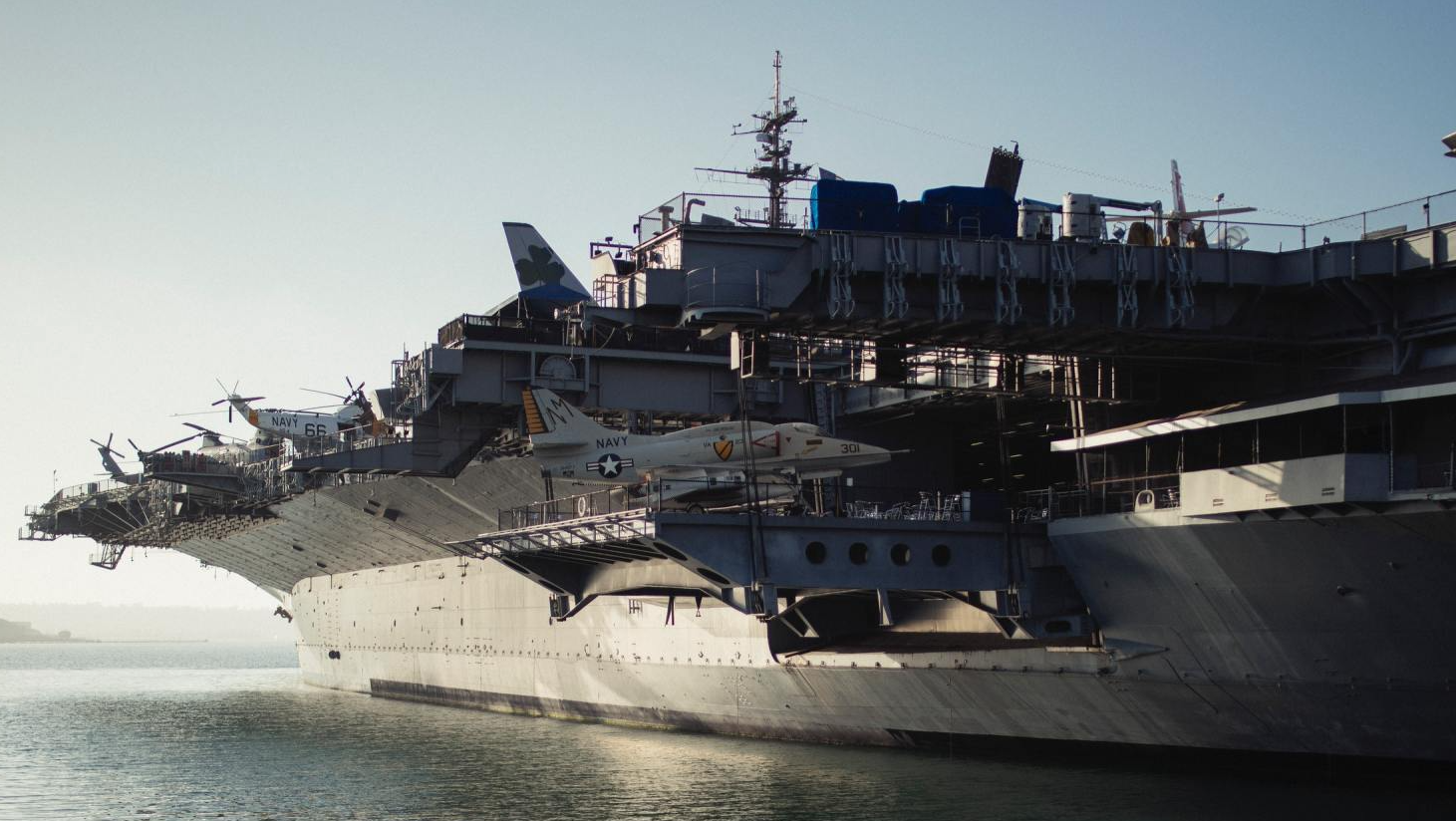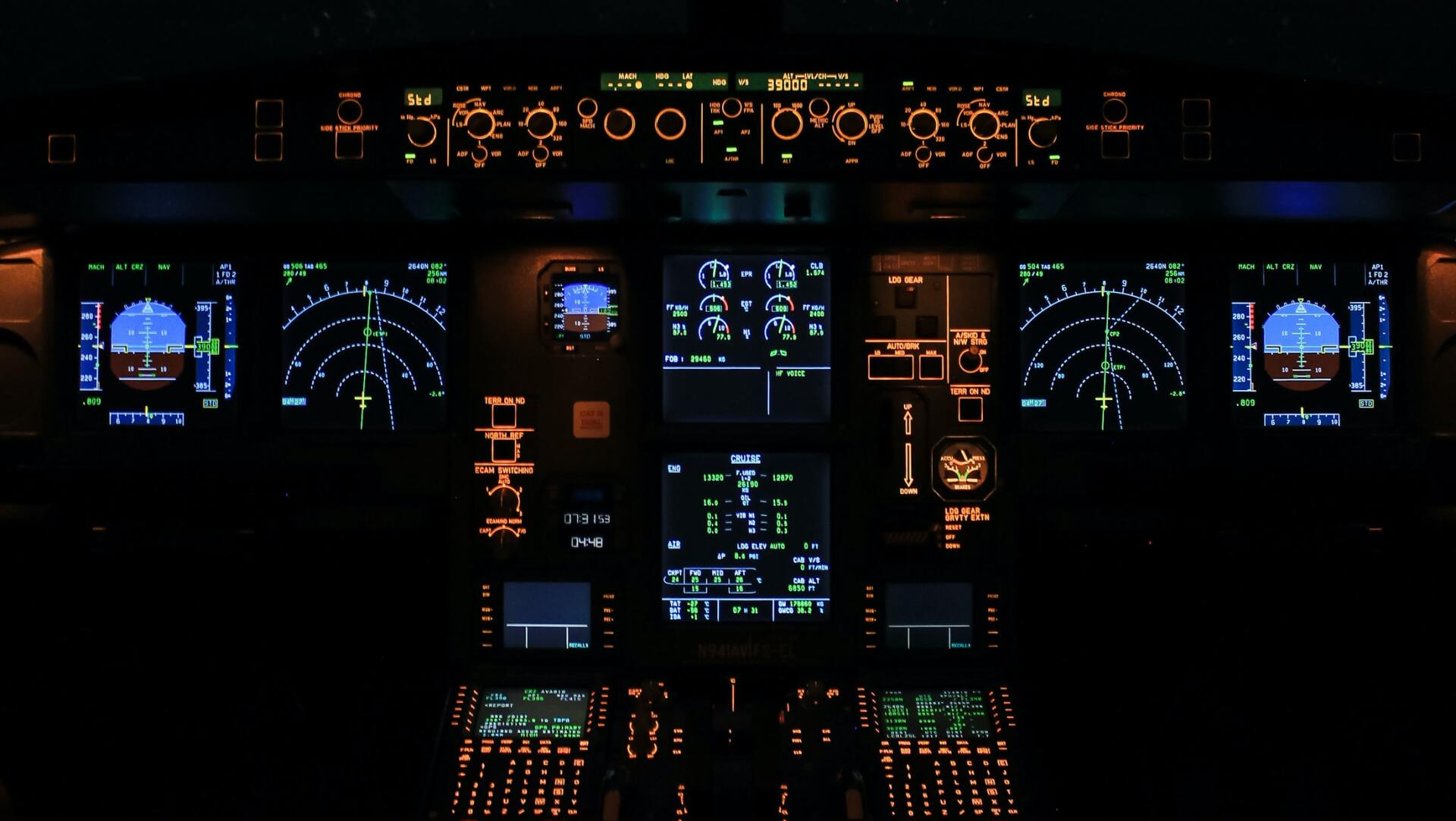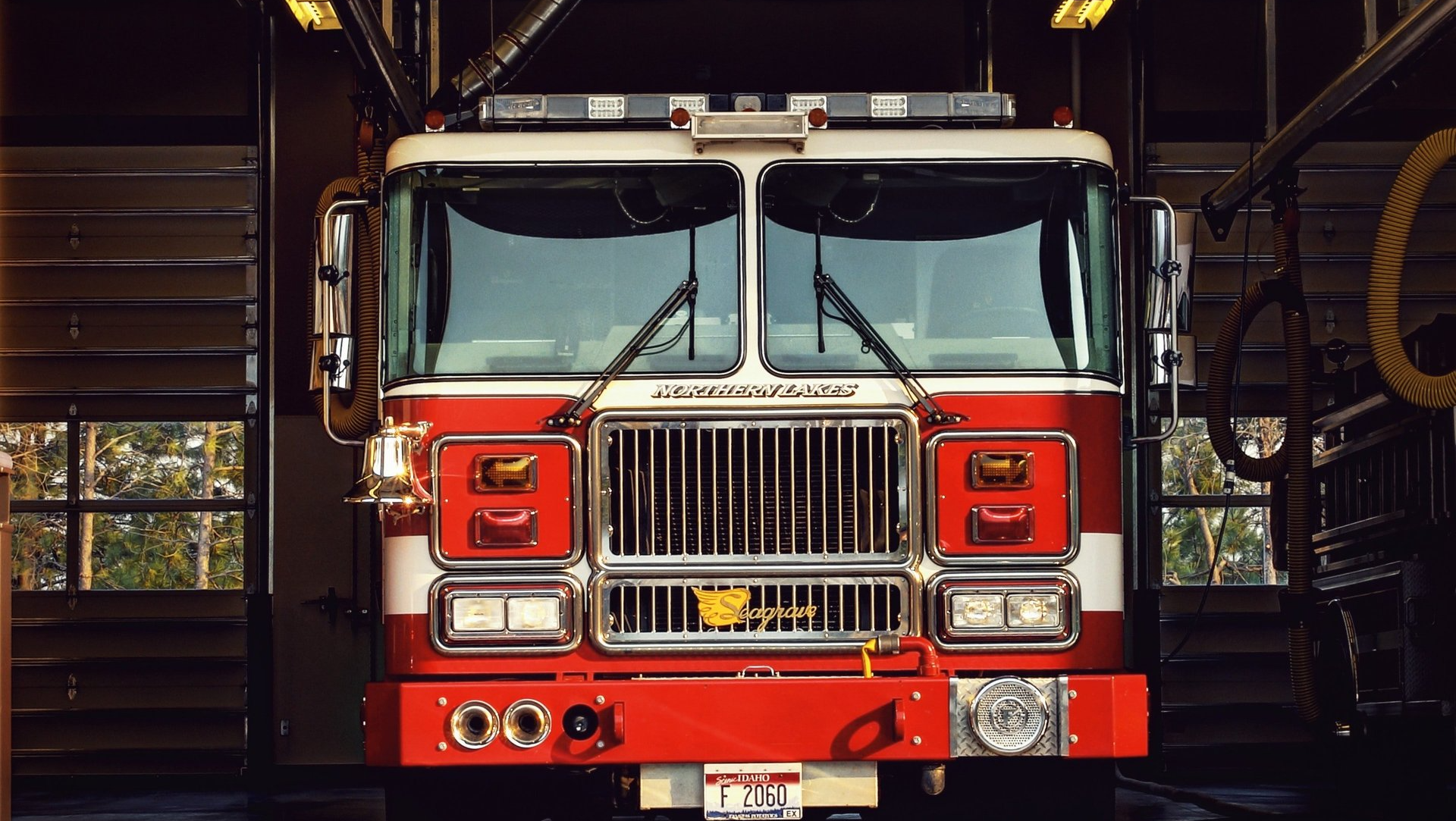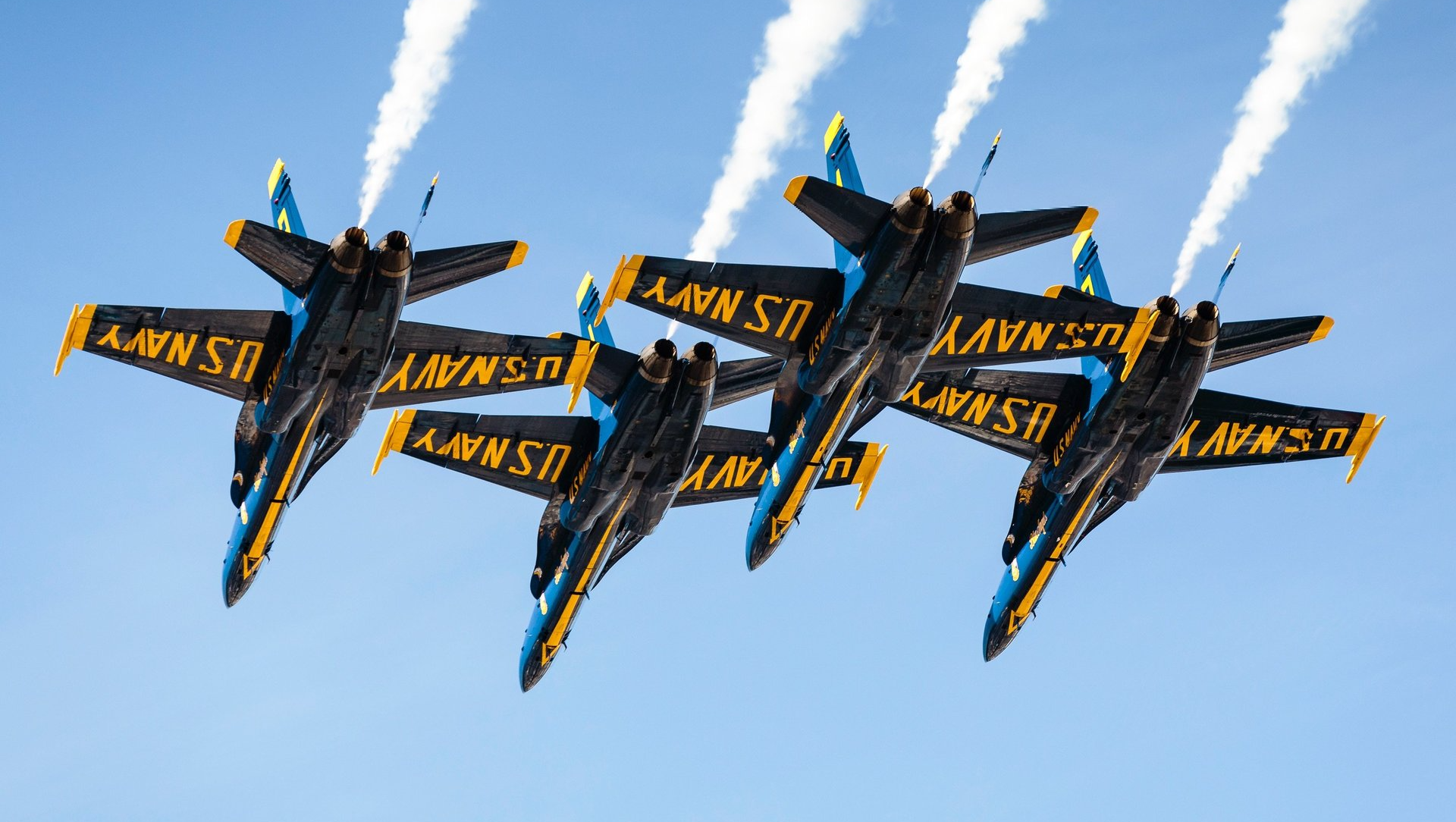Deferring to Expertise, Part I
Minutes from a meeting to discuss Weick and Sutcliffe’s Five Principles of HRO
Expert, expertise, local knowledge, knowledge of the circumstances - what do we mean when we defer to expertise? It is not so simple as it sounds. If you believe in it and use it then, yes, it works. But many people cannot make the leap of faith and believe we are allowing "freelancing" or letting the patients run the hospital. So ... what is it? What are the benefits? How do we do it safely?
Physicians have difficulty the concept of deference to expertise, as they believe it is their responsibility to manage all aspects of patient care. They also have the idea that this means people can do what they like. Physicians do not see it as local knowledge or specialty knowledge in a field other than medical care.
In the Navy, the ship captain defers to the harbor pilot coming into port, or a sea pilot to avoid bars, especially in foreign ports. This is the individual trained to do it, knows local conditions, weather, and currents. The navigator of ship and commanding officer are still totally responsible. The primary thing is that the harbor pilot has a background in working with tug boats to maneuver the ship, they keep radio contact with the guys in the tugboats. The other major thing in the Navy is relying on the Chiefs, the middle managers, to go and back and forth with their counterparts to make things happen because of their expertise. Junior officers are trained to expect the Chief to be the expert and to learn from him.
During the introduction of Crew Resource Management (CRM) in the Navy, there was strong resistance because it appeared to some aviators as a challenge to authority. What it really meant was a person, grounded in the knowledge, should feel capable of challenging the senior leaders. In the Columbia and Challenger shuttle disasters, many on the ground had the knowledge of the risks but they were not listened to.
In wildland firefighting, how do you bring people up to deference to expertise without having them make bad decisions? Juxtapose wildland fire with medicine for a more clear understanding of this in healthcare.
The main challenge in medicine is that physicians feel autonomous; they feel they have to be infallible. The system encourages this as the governance in the hospital is the physician and it is the physician who is ultimately accountable for patient care. This leads to rejection of suggestions and physicians appear to have a large ego. The commander of ship analogy is deleterious to patient care in medicine. This makes the physicians feel they have to be in control and they become emotionally defensive and protective from suggestions by fellow caregivers. Sensemaking makes a better approach as there are no objections, rather suggestions, to improve sensemaking. We must break down the need for autonomy and infallibility in physicians and encourage system responsibility for patient care.
From a military background, one individual has had forward observers call for fire but he was the one ultimately responsible for where that fire goes (this is for artillery). You have green, blue, and NATO forces and must control your ego when you interact. He is not sure how to do that or teach it. But you must be willing to do it. If someone calls for fire and then the firing officer says you are not clear and you must defer to those who know. You must be willing to listen to those who have more information. If someone came back and questions what you do/act, you have to trust them to accept their recommendation. This is not easy to do but good leaders have to be willing to step aside, look at how obtaining and processing information occurs and using all sources available. This is hard in intense situations where decisions need to be made quickly.
Biases, ego, and emotions are the critical three that get us down. But egos are a driver for us. How do you keep that in check? In wildland fire management, as an example, there is a local unit fighting a fire in the fire escapes the initial attack so they call in outside resources. He must order up the incident command team and the resources necessary. The local unit gives a briefing then steps back. The briefing is supposed to give newcomers the information to protect what is important to the public. He has seen groups go astray from this. For example, "we know how to put a fire out so we do not need local people." They do not ask to meet local expectations for the local people and government. Maybe it is not so much ego what it is not thought about. What does right look like? What does success look like?
A wildland fire opetrator looks at how the interactions look to local people. He brings in local firefighters who know the road system, terrain, fuel load that may or may not be conducive to fire, the drainage, and wind flows by time of day. By him briefing with the locals he knows where to dump the gray water. The environment is not yours, it matters how you take care of it. One local fellow made a map table on some plywood and two by fours that they could talk over. This developed a new way to build new understanding, using a map table that is waist high and became a "talking table" (what they called it). This drew people for conversations, seemed like an invitation for the local unit personnel.
Clearly everyone needs to know when command has shifted - make it well defined. You need protocols but also dialogue so people do not feel ignored or marginalized. The role of the prior commander needs to be clear from protocols. He still needs to be there because the prior commander may be giving all the orders to the front line. But the new guy coordinates with those up the line. You definitely don't want him to back off.
In K-12 education (kindergarten to high school) there are individuals, egos, and the team. We need to overcome the view that individual leadership is all knowing because this creates a silo approach to doing work. There is lack of collective expertise that has caused systems breakdown. How you create organizational expertise vs. siloed individual expertise? He is enlarging the circle of engagement, enlarging the structure of meetings to include more voices not previously involved, bringing student voices, and moving to team level of expertise. This helps to accelerate organizational change.
We independently use expertise in different manners. To teach endotracheal intubation to paramedics, one faculty member will bring together a medical expert from the hospital, a paramedic with field experience, and an educator who writes teaching objectives. He recognizes that each one has an expertise component.
